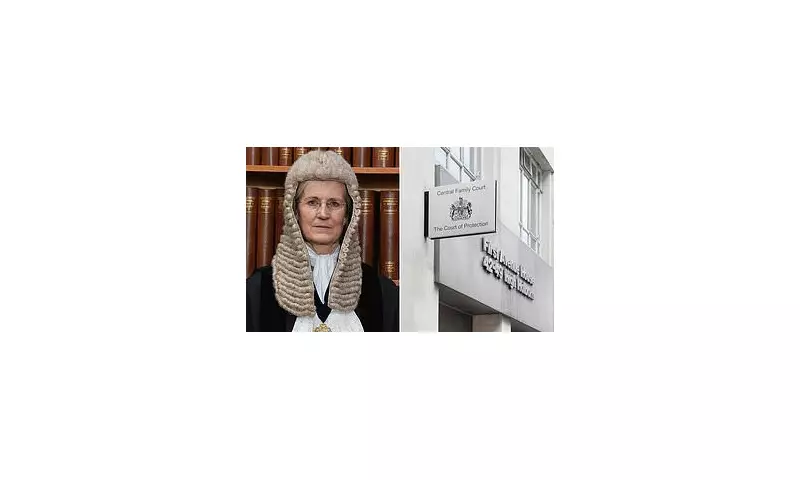
In a landmark legal decision, a UK court has ruled that doctors can force-feed a woman suffering from severe anorexia to save her life, overriding her refusal of treatment.
The Court of Protection determined that the hospital could intervene medically despite the patient's objections, marking a significant precedent in mental health and patient rights cases.
A Matter of Life and Death
The unnamed woman, described as being in a 'life-threatening condition' due to her eating disorder, had consistently refused nutritional intervention. Medical professionals argued that without forced treatment, she would likely die from malnutrition.
Ethical Dilemma Weighed in Court
Justice Roberts, presiding over the case, acknowledged the complex ethical balance between respecting patient autonomy and preserving life. 'There comes a point where the state's obligation to preserve life must take precedence,' the judge stated in the ruling.
Medical Perspective
Psychiatrists testified that the woman's capacity to make rational decisions about her treatment was severely impaired by her illness. 'Anorexia distorts perception to the point where patients cannot objectively assess their need for help,' explained one specialist witness.
What This Means for Future Cases
This judgment sets a legal precedent for similar cases involving patients with severe eating disorders:
- Establishes that life-saving treatment can override refusal in extreme circumstances
- Reinforces doctors' ability to act in patients' best interests
- Creates clearer guidelines for mental health interventions
The ruling has sparked debate among mental health advocates, with some praising it as life-saving and others expressing concerns about bodily autonomy rights.





